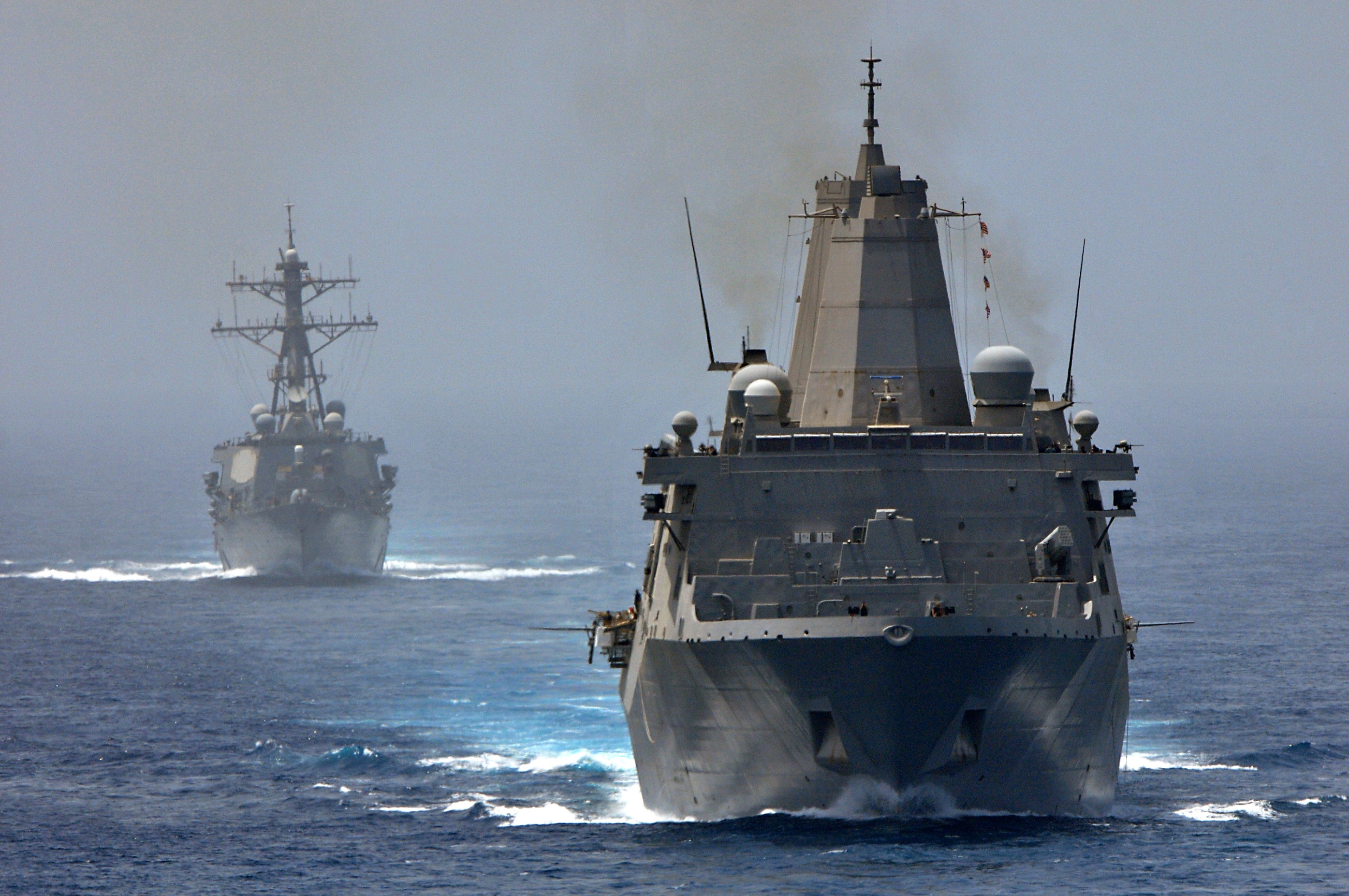
Tighter Iranian Sanctions In Days Ahead
As the latest round of P5+1 negotiations with Iran wrap up in Moscow with little progress made, the United States and the European Union are set to tighten the noose on the Iranian oil sector.
On June 28, stricter U.S. sanctions will take effect, allowing the U.S. government to penalize any foreign financial institution that does business with Iran’s central bank. Also, on July 1, a full embargo of Iranian oil by the European Union is set to take effect.
U.S. and E.U. sanctions have already begun eroding Iran’s ability to export its oil. Leading up to the U.S. sanctions, countries from around the world have drastically curtailed oil imports from Iran. Some nations remain heavily dependent on Iranian oil, and had difficulty entirely cutting off production. The U.S. government, showing some flexibility, granted waivers to several countries that took steps to significantly reduce Iranian imports.
It was feared that attempts to inflict damage on Iran’s oil sector would be ineffective, as Iran could simply shift its exports to different countries. Since oil is a global commodity, by altering trade flows Iran could avoid the full effects of sanctions.
However, Brussels-based SWIFT (Society for Worldwide Interbank Financial Telecommunication), a network of financial institutions that handles the vast majority of electronic financial transactions, decided to cutoff Iranian banks from its service, making it difficult for Iran to do business with much of the world. Coupled with the EU’s decision to ban member states from insuring Iranian oil tankers, and Iran has been struggling to get its oil to market.
To prevent western authorities from discovering the destination of its exports, Iran has routinely “turned off” tracking systems onboard its tankers. Black box transponders are regular fixtures onboard container ships, used to monitor vessel movements. By concealing the endpoint of its tanker movements, Iran may be selling oil to Asian customers in transactions they hope go unnoticed by the west.
Still, many countries are cooperating with western sanctions, which are eating way at Iran’s oil production. Due to lack of tanker insurance, Iran is finding it difficult to insure its shipments. All told, Iran’s oil exports have declined by 1 million barrels per day, down 40% from a year ago. Also, its currency has halved in value.
Without buyers, Iran has been forced to store large quantities of oil on idled tankers, which effectively act as floating storage containers. The International Energy Agency estimates that as of the end of May, Iran had 42 million barrels of oil floating offshore. An additional 25 million barrels are being stored onshore. Iran is forced to continue pumping even if it can’t find buyers because ceasing oil production can damage the productivity of an oil well. But, Iran may be forced to curtail production if no resolution with the west is found soon as its tanker fleet begins to reach capacity.
To make matters worse for Iran, Saudi Arabia has maintained a high rate of oil production to offset declining production from Iran, preventing prices from spiking. This has reduced pressure on the west to remove sanctions for fear of high oil prices. Whether or not Iran will be willing to offer concessions on its nuclear program remains to be seen, but the unprecedented level of economic pain inflicted upon Iran is set to amplify in the days ahead.






